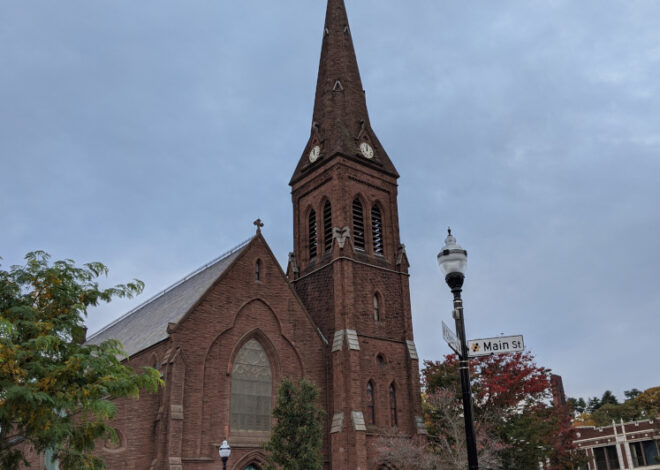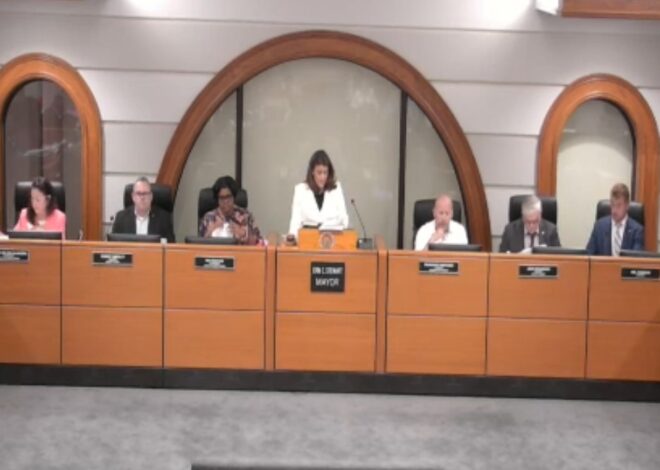The five member panel appointed by State Democratic Party to consider challenges to the outcome of the Democratic Fifth District Congressional Convention has ruled in favor of Waterbury educator Jahana Hayes.
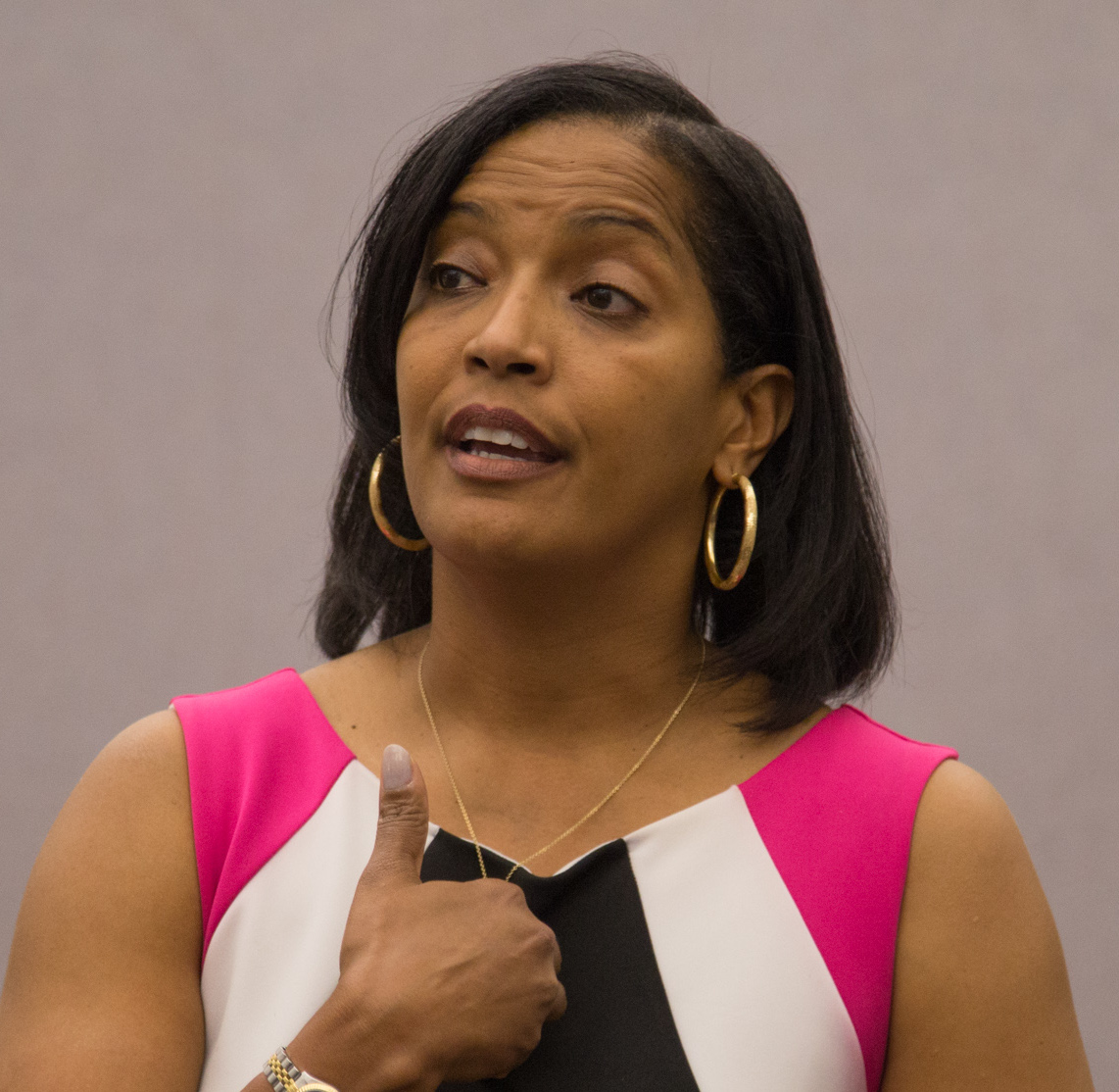
The panel has decided that two of the New Britain delegates who New Britain Democratic Chair William Shortell had announced as having switched their votes from Hayes to former Simsbury First Selectman Mary Glassman should be counted, as they initially voted, for Hayes.
The decision decreased Glassman’s final vote from 173 votes to 171 and increased Hayes’ final vote from 167 to 169, leaving Glassman with a two vote lead.
As a result, Glassman retained the party endorsement.
The Democratic nomination for the Fifth Congressional District will be decided by Democratic voters in an August 14, 2018 primary between Glassman and Hayes.
The controversy came out of the decisive second ballot of voting at the convention. When the votes were initially declared in that ballot, Hayes had a majority of declared votes, putting her at a 171 to 169 vote lead over Glassman.
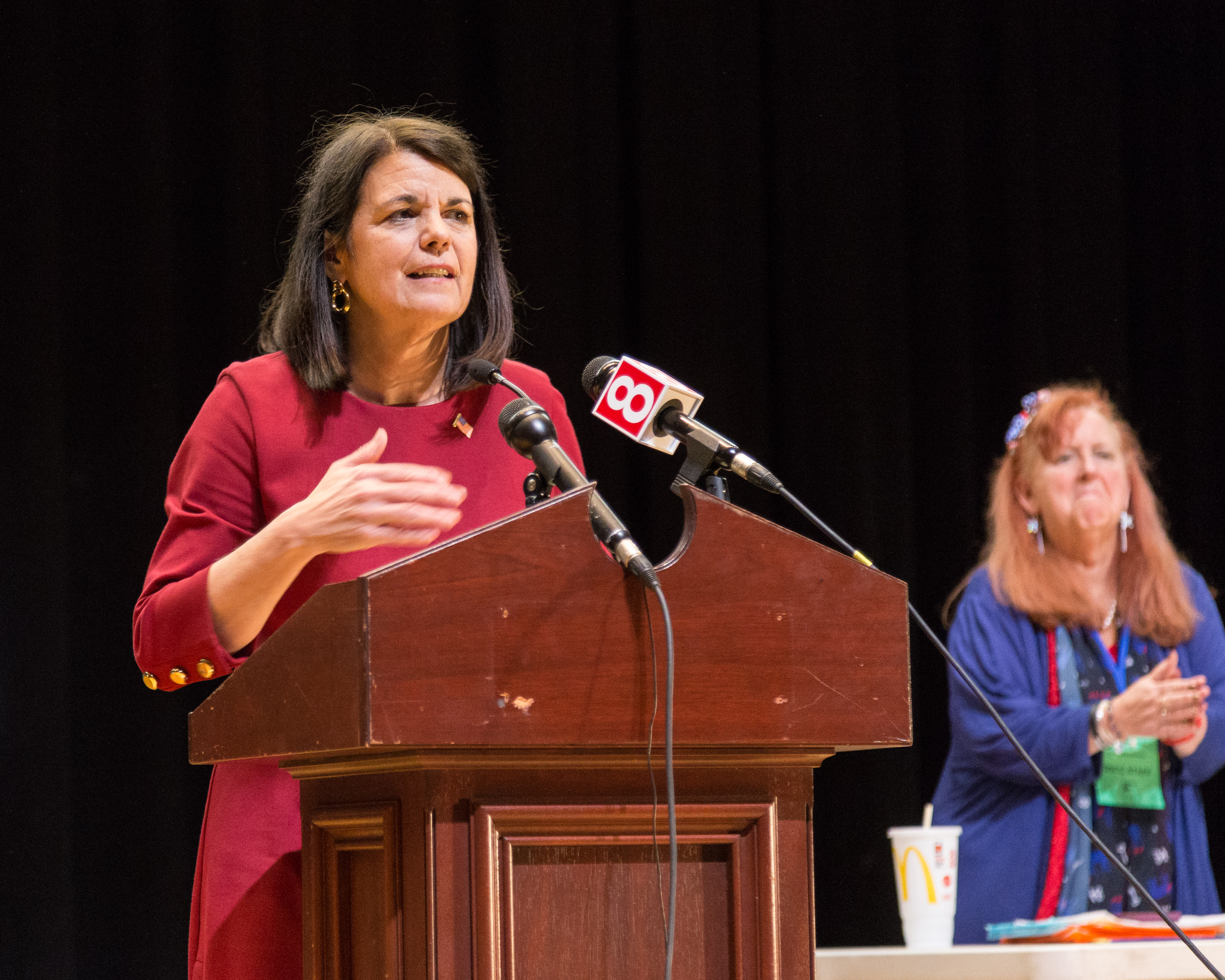
New Britain’s delegates were split, with twenty-six voting in favor Glassman and eleven delegates voting for Hayes. But before the vote was declared as final, three New Britain delegates apparently switched from supporting Hayes to Glassman. One Avon delegate also switched from Hayes to Glassman, and when the balloting closed, Glassman was declared to have a 173 to 167 vote majority vote to win the endorsement.
Vote switching at nominating conventions is a common part of the Democratic party’s process in Connecticut. What occurs is that, after each city and town’s delegate votes are declared, the chair of the convention holds off for a time in announcing the vote as final. During this time, delegates are invited to change their votes, if they choose, and changed votes are announced by delegates’ local party chairs. It is a process that has been widely supported, because it allows discussion between delegates before final decisions are made.
But the process by which this occurred at the Democrats’ 2018 Fifth District Congressional Convention has been the focus of controversy, with many charging that it appeared unfairly tilted in favor Glassman, denying the party endorsement to Hayes, who would be Connecticut’s first Democratic African American member of Congress.
Connecticut NAACP President Scot X. Esdaile reminded the panel of the long history of voter suppression against African Americans in the United States, as he asked the panel to review the results of the convention. He also reminded the panel of the history of overwhelming votes for Democratic candidates from African Americans, asking the Democratic Party, “that represents democracy, to make sure that civil rights are not being violated.”

Esdaile was joined by other NAACP leaders at the hearing, including New Britain NAACP President Ronald P. Davis.
Mayor Neil O’Leary (D) of Waterbury said that the rules governing the convention require that any delegate switching their vote to sign a form documenting their changed vote. He said that, though Shortell announced that three New Britain delegates had changed from voting for Hayes to voting for Glassman, only one switched vote was actually identified by a form signed by a delegate.
Shortell said that, after one delegate changed his vote from Hayes to Glassman, he turned in the vote change form to convention officials. He said that the reason that the other two delegates who switched their votes were not on the form was that he was not able to get the form back to get the signatures of those two delegates when they, later, changed their votes.
Two New Britain delegates also testified at the hearing that they were the two who switched from voting for Hayes to voting for Glassman.
The panel acknowledged that Shortell acted as he was instructed by convention officials, but concluded that the fact that two of the vote changes were not recorded meant that only one New Britain vote switch from Hayes to Glassman would be counted in the final vote.
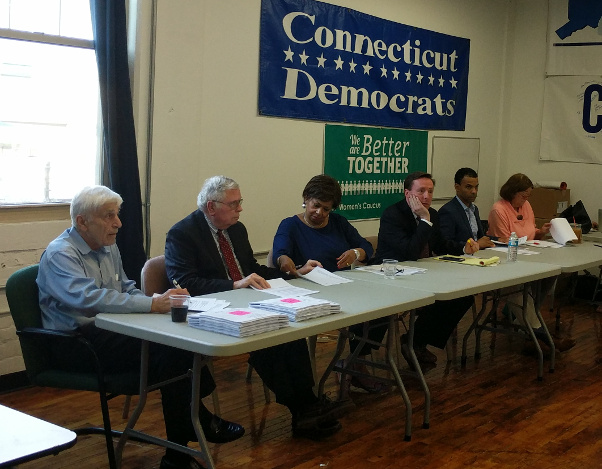
The panel voted unanimously in its decision.
In addition, the panel made two recommendations for the Connecticut Democratic Party, as a whole.
The Panel recommends that the Party work to design a better process for recording votes at conventions to help when pressure increases. The Panel also recommends that the Party reconsider whether to offer a vote change option.


